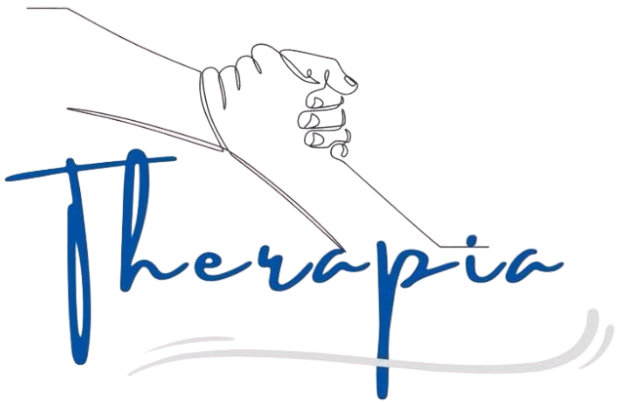
The Strength of Synergy: Understanding Multidisciplinary Teams

A multidisciplinary team consists of professionals from various disciplines who work together to provide coordinated care. For children with neurodevelopmental disorders, this typically includes:
- Behavior Analysts (BCBAs): Experts in Applied Behavior Analysis (ABA), focusing on behavior assessment and intervention (Cooper, Heron, & Heward, 2020).
- Speech-Language Pathologists (SLPs): Specialists in communication and swallowing disorders, addressing speech, language, and social communication skills (ASHA, n.d.).
- Occupational Therapists (OTs): Professionals who help children develop skills for daily living, sensory processing, and motor coordination (AOTA, n.d.).
- Psychologists: Experts in cognitive, emotional, and behavioral assessment and intervention, providing psychological support and counseling.
- Special Education Teachers: Professionals skilled in adapting educational curricula and providing individualized instruction.
- Physiotherapists: Professionals who specialize in gross motor development, balance, and coordination.
- Medical Professionals (e.g., Pediatricians, Neurologists): Providing medical diagnosis, treatment, and monitoring.
- Social Workers: Professionals who connect families with community resources and provide support for social and emotional well-being.
Features of Effective Multidisciplinary Teams:
- Shared Goals and Objectives: Team members work together towards common goals, ensuring a cohesive approach.
- Regular Communication and Collaboration: Frequent meetings and communication channels facilitate information sharing and coordinated care.
- Individualized Intervention Plans: Team members contribute to the development of comprehensive intervention plans that address each child’s unique needs.
- Data-Driven Decision Making: Team members use data to monitor progress and make informed decisions about interventions.
- Family-Centered Approach: Teams prioritize family involvement and empower parents to participate in their child’s care.
- Integrated Service Delivery: Team members coordinate their services to avoid duplication and ensure a seamless experience for the child.
Benefits of Multidisciplinary Teams:
- Comprehensive Assessment and Diagnosis: Teams can conduct thorough assessments, integrating information from various disciplines to provide a holistic understanding of a child’s needs.
- Integrated Intervention Planning: Team members collaborate to develop comprehensive intervention plans that address all areas of need, maximizing the effectiveness of treatment.
- Enhanced Communication and Social Skills: SLPs and behavior analysts work together to improve communication and social interaction, addressing both verbal and nonverbal skills.
- Improved Sensory and Motor Skills: OTs and physiotherapists collaborate to address sensory processing and motor coordination challenges, promoting independence and participation in daily activities.
- Effective Behavior Management: Behavior analysts and psychologists work together to develop effective behavior intervention plans, addressing challenging behaviors and promoting positive behaviors.
- Academic Support: Special education teachers and other team members collaborate to provide individualized academic support, ensuring that children can succeed in school.
- Holistic Support for Families: Social workers and other team members provide emotional support and connect families with community resources, addressing the needs of the entire family.
- Coordinated Medical Care: Medical professionals collaborate with the team to ensure that children receive appropriate medical care and monitoring.
- Increased Progress and Outcomes: By addressing all areas of need, multidisciplinary teams can significantly improve children’s progress and outcomes.
- Improved Generalization of Skills: By working in a collaborative way, and by sharing information, all team members can work on the same goals, and therefore increase the amount of times a child is exposed to the same teaching. This increases generalization of skills.
The Therapia Advantage:
At Therapia, we are committed to providing integrated, multidisciplinary care empowering children and their families to reach their full potential. Our team of experienced professionals works together to ensure that each child receives the comprehensive support they need to thrive. Contact Therapia today at +61 04 59 881 346 or admin@therapiasupport.com.au to learn more about our multidisciplinary team and how we can support your child’s development.
References:
- AOTA. (n.d.). Occupational therapy. American Occupational Therapy Association. Retrieved from [AOTA Website].
- ASHA. (n.d.). Speech-language pathology. American Speech-Language-Hearing Association. Retrieved from [ASHA Website].
- Cooper, J. O., Heron, T. E., & Heward, W. L. (2020). Applied behavior analysis. Pearson.



